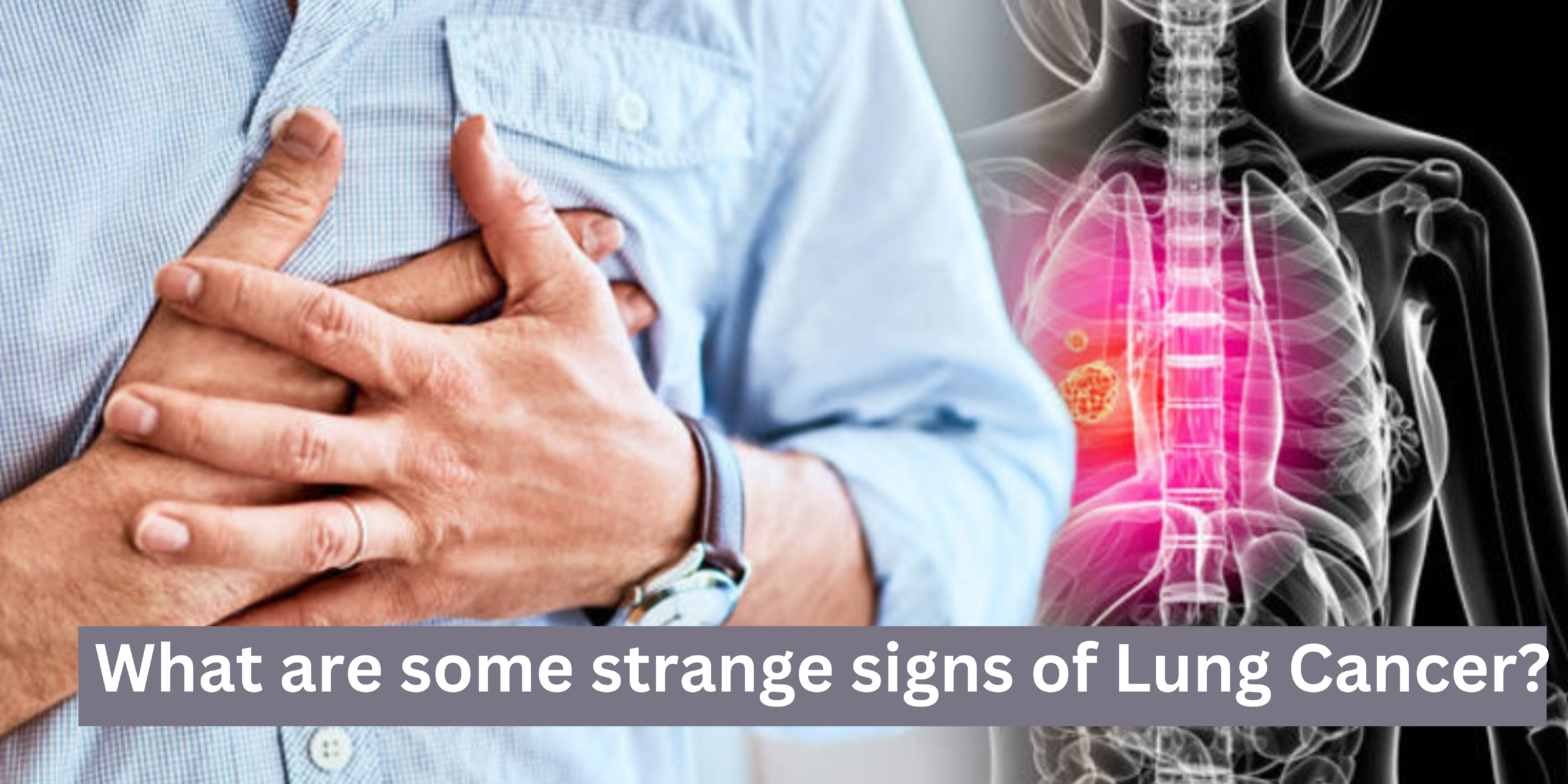|
Getting your Trinity Audio player ready...
|
Lung cancer is a type of cancer that begins in the lungs. Your lungs are two spongy organs in your chest that take in oxygen when you inhale and release carbon dioxide when you exhale.
Lung cancer is the leading cause of cancer deaths worldwide.
People who smoke are at the greatest risk of having lung cancer, though lung cancer can also occur in people who have never smoked. The risk of lung cancer increases with the length of time and number of cigarettes you’ve smoked. If you quit smoking, even after smoking for many years, you can significantly reduce your chances of developing lung cancer. The best way to understand your condition is to consult a Lung cancer doctor in Delhi NCR.
Types of Lung Cancer
The type of lung cancer you have tells you the type of cell that cancer started in. Knowing this helps your doctor to determine the treatment you need.
Cancer that starts in the lung is called primary lung cancer. While cancer that spreads to your lungs from somewhere else in your body is called secondary lung cancer.
There are different types of primary lung cancer and they are divided into 2 main groups:
Small Cell Lung Cancer (SCLC)
Non Small Cell Lung Cancer (NSCLC)
The most common type is non-small cell lung cancer.
Small cell lung cancer (SCLC)
Around 15 to 20 out of every 100 lung cancers (around 15 to 20%) diagnosed are of this type. It is usually caused by smoking. These cancers tend to spread quite early on.
Non small cell lung cancer (NSCLC)
Around 80 to 85 out of 100 lung cancers (around 80 to 85%) are non-small cell lung cancer (NSCLC). The three main types are adenocarcinoma, squamous cell carcinoma and large cell carcinoma.
There are usually no signs or symptoms of lung cancer in the early stages. Symptoms develop as the condition progresses. If you notice the following symptoms, you should consult a lung cancer treatment specialist in Delhi.
The main symptoms of lung cancer include:
- Cough that does not go away after 3 weeks
- long-standing cough that gets worse
- Chest infections that keep coming back
- Coughing up blood
- Ache or pain when breathing or coughing
- Persistent breathlessness
- Persistent tiredness or lack of energy
- Loss of appetite or unexplained weight loss
Some Few Strange Signs of Lung Cancer
These signs and symptoms don’t appear to be related to our lungs. The general public would not expect these indicators or signals to be a warning of lung cancer.
Arm/shoulder pain or eye problems
One kind of lung cancer (called a Pancoast tumor) develops in the lung’s upper part. Instead of affecting the lungs, these tumors may spread to the ribs, the vertebrae of your spine, or the nerves or blood vessels.
Hoarseness or change in voice
According to Dr PK Das cancer specialist, some people feel hoarseness, your voice may sound strained or raspy or sound lower in tone or softer in volume.
Balance problems
Feeling unsteady or losing your balance can be a result of lung cancer. A tumor located near the superior vena cava (SVC), as it grows, can cause the blood to back up in this vein and cause dizziness or balance loss. Anemia, common in lung cancer, can cause balance problems too.
Changes in Weight
Patients with lung cancer can gain or lose weight. Too much cortisol causes fluid retention and weight gain. Other patients, however, lose weight usually caused by the higher calcium levels that cause loss of appetite.
Blood clots
People with lung cancer are more likely to develop blood clots in your legs, arms, or lungs. Researchers believe that cancer increases inflammation in the body. The inflammation, in turn, causes blood clots.
Bone pain
Some people have bone pain or feel weak and achy. Lung cancer can spread to the bones, causing bone pain in the spine/back, pelvis, or large bones of the arms and legs.
Clubbed or fat fingers
80% of people with clubbed fingers have lung cancer. The ends of the fingers appear fatter, while the skin next to the fingernail may appear shiny. The fingernail begins to curve downward like a spoon.
Digestion problems
Between 10-20% of people with lung cancer get high levels of calcium in their blood, a condition called hypercalcemia. Too much calcium in the blood may cause digestive problems, like tummy aches, constipation, or nausea.
Extreme thirst and frequent urination
Higher levels of calcium in your blood (hypercalcemia) that cause digestive problems may also cause extreme thirst and frequent urination.
Fatigue or feeling tired
Because lung cancer causes the lungs to not function as well, patients can become anemic. Cancer feeds off the body’s nutrients, robbing the body of energy to get through everyday chores.
Anxiety, depression, or dementia
Experts aren’t sure why, but people with lung cancer are more likely to experience mental health issues that require treatment. Mental health issues combined with other symptoms are concerning.

